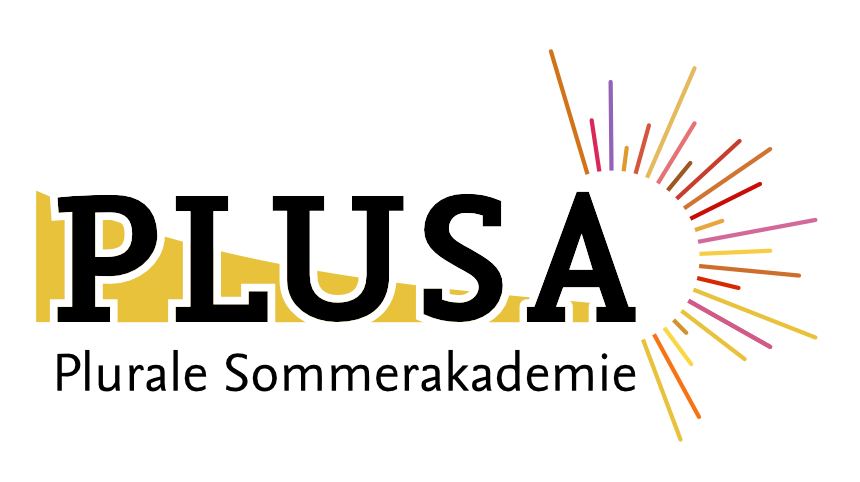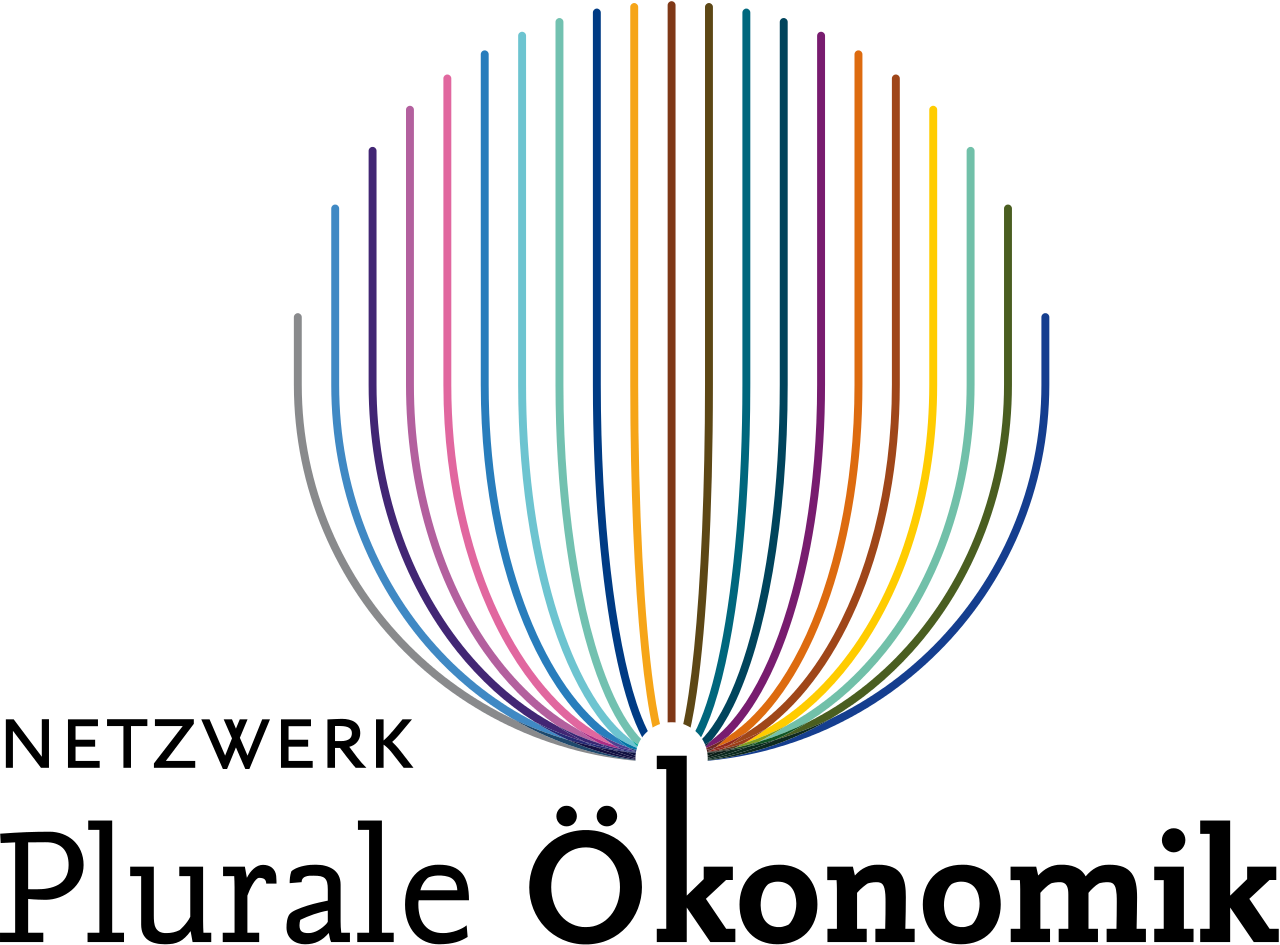Summer Academy 2023: Questions and Answers
What is the Summer Academy for Pluralist Economics?
The Summer Academy for Pluralist Economics is an event by and for people who think economics has more to offer than the current curriculum suggests. The Summer Academy allows interested students to engage with heterodox economics to spark a debate about if and how these approaches can complement, challenge, or shift the economic mainstream.
The Summer Academy has taken place annually since 2017. The first three Summer Academies took place in Neudietendorf, Germany. In 2020, 2021, and 2022 the Summer Academy took place online due to the Covid-19 pandemic. This year will be the first in-person summer academy after the Covid-Crisis.
Five workshops build the core of this year's Summer Academy. In these workshops, small groups of around 12 students come together three times a day throughout the weekend to learn about one specific school of thought or an economic issue and work on a group project. Experts in the respective field facilitate these workshops.
Additionally, we organize a programme around the workshops, which includes open spaces and networking opportunities. That way, the participants can engage with each other and share and exchange perspectives regarding the Summer Academy's theme, their workshops, and their view on economics and the economy. There will also be the possibility to get involved into the planning of the 2024 Summer Academy.
Find an overview of previous Summer Academies here.
Who is behind the event?
The Summer Academy is organized by the Netzwerk Plurale Ökonomik e.V. (Network for Pluralist Economics) in cooperation with the Evangelische Akademie Thüringen (Protestant Academy of Thuringia) and several partners.
Over the last few years, the Network for Pluralism in Economics has become a dynamic student movement with a substantial impact on debates surrounding the current state and future of economics as an academic discipline.
The Evangelische Akademie Thüringen is an educational institution of the Protestant Church of Central Germany, which contributes to public debates around democracy, freedom, and justice by organizing conferences, workshops, and other events. It aims to create a forum for exchange between people from different backgrounds and beliefs on the fundamental issues of humanity, religion, and the world.
To make this event possible, we cooperate with partners like the Institut für Makroökonomie und Konjunkturforschung (IMK, Macroeconomic Policy Institute) in Düsseldorf, Germany and the Young Scholars Initiative (YSI), to run this project. Our partners support the academic and organizational setup of the Summer Academy and/or contribute financially.
The planning is in the hands of an organizing team consisting of volunteers who (mostly) participated in earlier renditions of the Summer Academy.
What is the theme of this year’s summer academy?
The theme of this year's Summer Academy is "Just Another Change? - What continuity the socio-ecological transformation needs - and what it doesn't."
We live in an age of fundamental change. Not least, the climate crisis has made this insight part of everyday experience worldwide. Customary practices and values of the economy and society are up to a test. Questions about change and continuity make crucial problems visible and provide orientation: What makes our economy tick, where do we want to go, what do we have to change, and how can we do it? What should stay, and what can go? Students, young academics and lecturers meet at the Summer Academy to discuss future models for economic science and economic and social policy.
What is the focus of the workshops?
The workshops are at the core of the Summer Academy. They aim to complement the neoclassical mainstream of economic thinking by providing participants with additional and alternative perspectives. Each workshop is dedicated to a specific school of thought or economic issue.
Throughout the weekend of the Summer Academy, participants can choose between 5 different workshops in Feminist Economics, Development Economics, Degrowth, Decolonializing Economics and a Marxist Critique of Political Economy. The workshops consist of 6 sessions of 90 minutes, combining phases of interactive lecturing, collaborative teamwork, and periods of individual work. Respective Experts (mostly young researchers) facilitate the workshop group of around 12 participants.
The workshop groups work towards a group output to present to the other participants of the summer academy. Outputs from last year’s Summer Academy are available here.
For more information on this year’s workshop topics, click here.
What is happening during the evening program?
The evening programme consists of an evening lecture on “Macroeconomics without growth? On the economic theory of the socio-ecological transformation” and open space to network and exchange. On the last evening we will conclude with a final get together. See Schedule here.
Can I participate as an English speaker?
The Summer Academy is accessible to both English and German speakers. The workshops are in either of the two languages, but we will facilitate translations if needed. We want to make the Summer Academy a safe space for everyone and break down possible language barriers to be as accessible as possible.
Where and when does the event take place?
The Summer Academy takes place from Friday the 11th of August (starting around noon) until Monday the 14th of August at the Zinzendorfhaus in Neudietendorf (close to Erfurt). The location is surrounded by a large park and is located in the historical center of the town, allowing a great atmosphere and environment for the Summer Academy.
How to get there?
By train: Neudietendorf is ten minutes to the west of Erfurt by regional train. When you leave the station building, turn right on Bahnhofstraße. You should now be facing a church at the end of the street. Go in that direction and turn left at the end of the road. After 20 meters, you will have reached the Zinzendorfplatz.
By car: Coming from the A4 take the exit Neudietendorf/Arnstadt and follow the direction of Neudietendorf. In the village, follow the signs "Zinzendorfhaus" and "Evangelische Akademie" until you have reached the only traffic light. Turn bear left and past the train station, where you turn left again. At the end of Bahnhofstraße, turn left again. Turn right just after the Zinzendorfplatz. You will see some parking lots there. Coming from the B7 from Gotha or Erfurt: drive through the train underpass and turn right at the crossroad following. Turn left, passing the train station, and left again at the end of Bahnhofstraße.
How is the application process organized?
The application is open from June 18 until June 26. We explicitly invite people from all disciplines to apply, provided they can communicate in German or English and are eager to spend one weekend diving into heterodox economics.
Applicants need to fill out the application form, write a short motivational statement (max. 400 words) and prepare a CV (max. two pages).
More information on the application process can be found here.
How much does it cost to participate?
This year’s participation cost is 230€ (double room) or 270€ (single room). People who cannot afford the participation costs, can contact Yara (y.rieper@plurale-oekonomik.de) to find other solutions.
What is included in the participation fee?
The participation fee includes the programme costs (six workshop sessions, evening lecture, etc.) as well as board and accommodation (3 nights & 4 days including breakfast, lunch, coffee/snacks and dinner).
Fee for double room (11.08. - 14.08.): 230EUR
Fee for single room (11.08. - 14.08.): 270EUR
Unfortunately, we will not be able to cover travel costs.
Can participants receive Credit points for this year’s summer academy?
If you are interested, it is possible for you to receive 2 ECTS credit points for the attendance at the Summer Academy. This certificate is optional and you could accredit it at your university.



